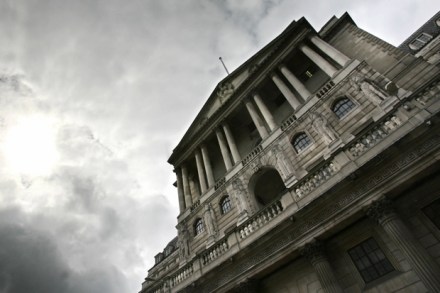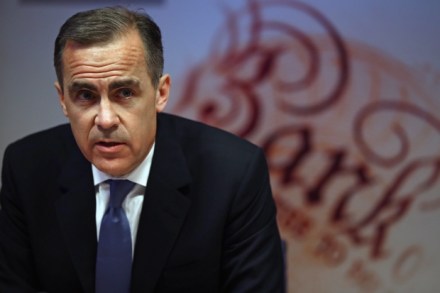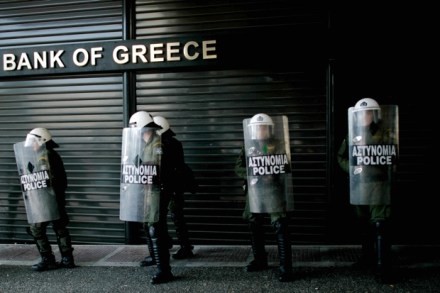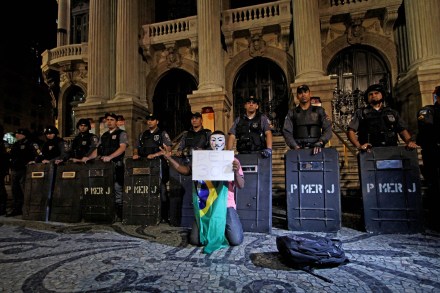If Brexit is the result, start buying the market
It is four o’clock on Friday morning. The early returns suggest Leave is edging ahead. You’ve just seen a tweet that Peter Mandelson has fled the country, and that Boris Johnson has been seen pencilling in the names of his cabinet. What is the first thing you do? Rush down to Sainsbury’s and stock up


















